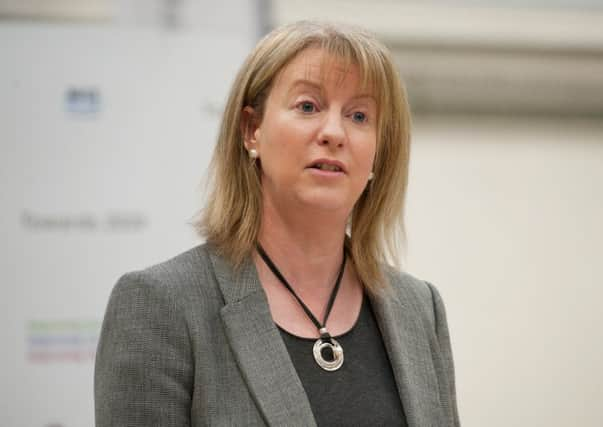Crisis as third of Scots GPs ‘to retire within 10 years’


Annual statistics from ISD Scotland laid bare the pressure building on GPs as list sizes have grown by 10 per cent since 2005 and the number of elderly patients has soared by 18 per cent.
Following the figures’ publication yesterday, health secretary Shona Robison confirmed the abolition of the unpopular Quality Outcomes Framework (QOF) from April, where surgeries are required to tick off treatments for which patients have had to pay.
Advertisement
Hide AdAdvertisement
Hide AdShe first announced the plans at the Royal College of General Practitioner’s (RCGP) Scotland conference in Glasgow in October.
Despite the promise, concerns have been raised over the “deterioration” of the profession following stark warnings by GP leaders in recent months.
However Dr Alan McDevitt, chair of the BMA’s Scottish GP committee, said: “This bold move by the Cabinet secretary is part of the re-invigoration of general practice in Scotland. It will have a positive effect on practices, by reducing bureaucracy and allowing GPs to focus on the complex care needs of their patients.”
Family doctors will need greater investment to meet the demands of the Scottish Government’s plan to care for more people at home rather than in hospitals, he added.
All funding will transfer over to the core payment, ensuring there will be no reduction in the amount of money GP practices receive.
Ms Robison said the move was a “significant shift” towards placing more trust in family doctors.
She said: “This important change to the payments system will mean GPs can spend less time on paperwork, and get on with the job of treating patients.”
Speaking later during a Scottish Parliament debate on redesigning primary care, Ms Robison said that from 2016 the number of GP training places would be increased by 33 per cent and the government is investing in a programme to encourage GPs who have left to return to the workforce.
Advertisement
Hide AdAdvertisement
Hide AdFailing to tackle recruitment issues will lead to major problems, warned Liberal Democrat spokesman Jim Hume MSP. He said: “We know the pressure on GPs is going up but real terms funding has gone down, year on year, since 2009.
“It is no wonder that a Lib Dem survey found one third of GPs would reconsider their career choice if they had their time again. A failure to invest in primary care has left doctors at breaking point.”
And Dr Richard Simpson, Labour public services spokesman, said: “These figures show the growing severity of the deterioration in general practice and vindicates Scottish Labour’s concerns first raised and dismissed by the SNP in 2010 – under the SNP’s watch we are staring into the face of a major GP recruitment crisis.
“We have seen a drop in funding totalling more than £1 billion, fewer medical students, fewer trainee vacancies being filled and now fewer out-of-hours sessions being staffed. Many practices have restricted new patients from registering in order to contain their workload.”